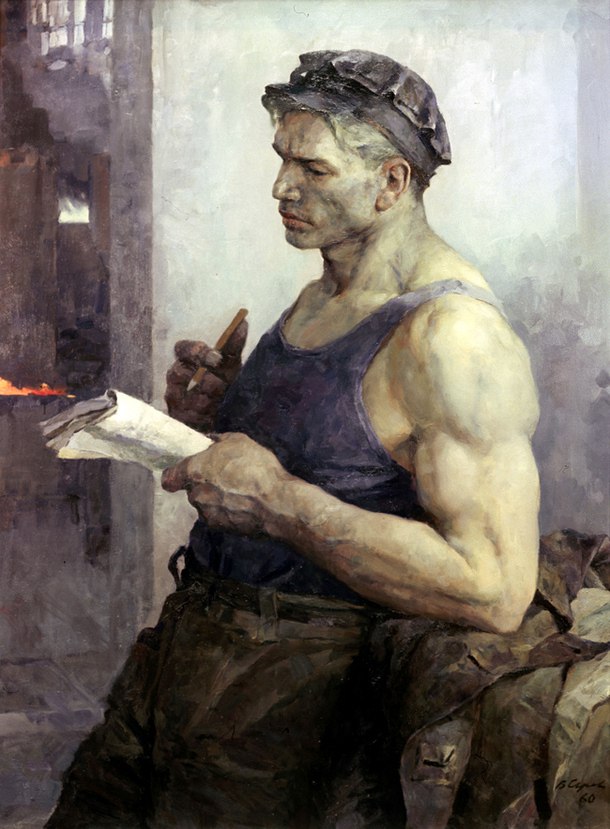What is most important are not so much the physical weapons but the social control tools at their disposal. In order to even get to the stage of an organized revolutionary group waging armed conflict you need to overcome the social conditioning and the overwhelming narrative control that the bourgeois state exercises through its control of the media, educational institutions, etc.
I think your response is the most relevant. The bourgeoise can’t kill everyone, at least not without destroying the world also (nukes). So weapons aren’t a huge factor.
Control is much more important. And most propaganda tools to control society are already really old. Think about blaming minorities for all your problems that goes back to a couple thousand years.
This is something that I fear as well. However, it is worth remembering that the US has failed in many of its military interventions around the world. No amount of tools and weapons helped the US win in twenty years in Afghanistan. NATO’s proxy war in Ukraine is failing too. These wars show that a dedicated population can beat all of the technology in the world. Revolutionary movements do always have to be vigilant about be surveilled. New technologies provide a lot of surface area for states to monitor resistance groups. However, states have always had a lot of success with the simplist means of surveillance: just paying someone to join a resistance group and report everything they see. I am no expert on any of this and I’m sure someone here knows much more, but it seems to me that the strategy of revolution is the same as in Lenin’s time. However, groups always have to update their tactics to keep up with material conditions and abilities of the state. Don’t give up hope! We can do this!
In the case of the conflict in Ukraine, the Donbass militias from 2014 up until 2022 had, for the most part (with the exception of an air force), the same weapons as the Kiev regime because there were large numbers of defections from the Ukrainian army to the rebel side at the start of the war. Additionally they also captured more weapons after their initial victories. I believe this reflects what would happen in any other revolutionary scenario as well:
A portion of the armed forces would defect to the revolution bringing with them weapons, and more would be acquired as the conflict evolves. Yes the state may retain a monopoly on conventional air power (i specify conventional because drones will become increasingly ubiquitous on the battlefield and they would not be hard for revolutionary forces to acquire) but at the end of the day planes can’t take and hold ground, and you can’t win a war against insurgents through bombing alone, as we have learned over the decades of so-called “war on terror”.
Satellite surveillance is a complication but not an insurmountable one, and an army can learn to work around it as both sides in the Ukraine conflict have done, through dispersal of forces, hidden bases, etc. The tactics employed by the resistance forces in Gaza can also be studied and learned from as they are fighting in an environment of exceptionally dense surveillance yet are managing to prove very elusive for the occupier.
The biggest challenges in a revolutionary situation in my opinion are the political and the logistical. First and foremost revolutionaries must secure a base of support among the people, then maintain and expand that base by demonstrating through their actions that they are fighting for the people. They must also wage ideological struggle against opportunist elements in their own ranks.
Secondly it is essential for revolutionaries to be organized so that they can establish systems of supply and support for their fighters, as well as some form of effective command and control, even if this comes in a more decentralized form than conventional armies are used to, provided they retain the ability to co-ordinate on a large scale and maintain overall strategic unity.
ukraine inst fighting against insurgents tho…
Yes they were. The Donetsk and Luhansk militants were militias for nearly a decade.
thanks for the correction, comrade



